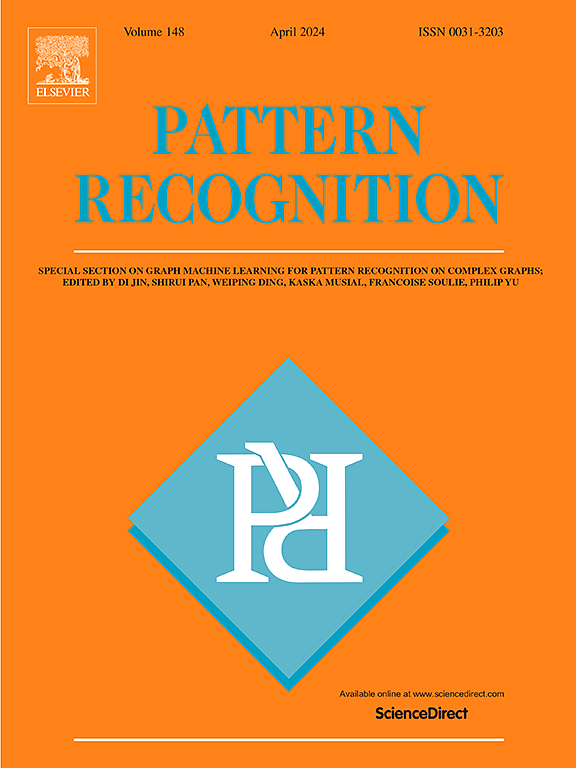One-pass online learning under evolving feature data streams: A non-parametric model
IF 7.5
1区 计算机科学
Q1 COMPUTER SCIENCE, ARTIFICIAL INTELLIGENCE
引用次数: 0
Abstract
In real-world applications, data streams naturally evolves and thus may exhibit a dynamic feature space, wherein new features appear and old ones disappear. Online learning under such circumstances necessitates simultaneous learning from increasing data volume and adaptation to the dynamic feature space in real time. While several methodologies have been proposed to tackle this challenge, many of them rely on strong assumptions regarding evolving interaction manners. Instead, this study adopts a broader perspective aimed at facilitating learning from arbitrarily evolving features without any strict assumptions in the previous work. Then, we present an online learning method based on a non-parametric kernel model. This model accommodates data streams with both continuous instances and evolving features through simple deduction and addition operations. Theoretical analysis shows the sublinear regret of the proposed method. Empirical studies show the capability to adapt not only to the previously constrained evolving features but also to the more arbitrarily evolving features.
演化特征数据流下的一次在线学习:一个非参数模型
在现实世界的应用程序中,数据流自然地发展,因此可能表现出一个动态的特征空间,其中新特征出现,旧特征消失。在这种情况下,在线学习需要同时从不断增加的数据量中学习,并实时适应动态特征空间。虽然已经提出了几种方法来解决这一挑战,但其中许多方法都依赖于关于不断发展的交互方式的强大假设。相反,本研究采用了更广泛的视角,旨在促进从任意进化的特征中学习,而不需要在以前的工作中进行任何严格的假设。然后,我们提出了一种基于非参数核模型的在线学习方法。该模型通过简单的演绎法和加法运算,可以容纳具有连续实例和演化特征的数据流。理论分析表明,该方法的次线性后悔率为0 (T)。经验研究表明,该方法不仅能够适应先前受限的演化特征,而且能够适应更加任意的演化特征。
本文章由计算机程序翻译,如有差异,请以英文原文为准。
求助全文
约1分钟内获得全文
求助全文
来源期刊

Pattern Recognition
工程技术-工程:电子与电气
CiteScore
14.40
自引率
16.20%
发文量
683
审稿时长
5.6 months
期刊介绍:
The field of Pattern Recognition is both mature and rapidly evolving, playing a crucial role in various related fields such as computer vision, image processing, text analysis, and neural networks. It closely intersects with machine learning and is being applied in emerging areas like biometrics, bioinformatics, multimedia data analysis, and data science. The journal Pattern Recognition, established half a century ago during the early days of computer science, has since grown significantly in scope and influence.
 求助内容:
求助内容: 应助结果提醒方式:
应助结果提醒方式:


